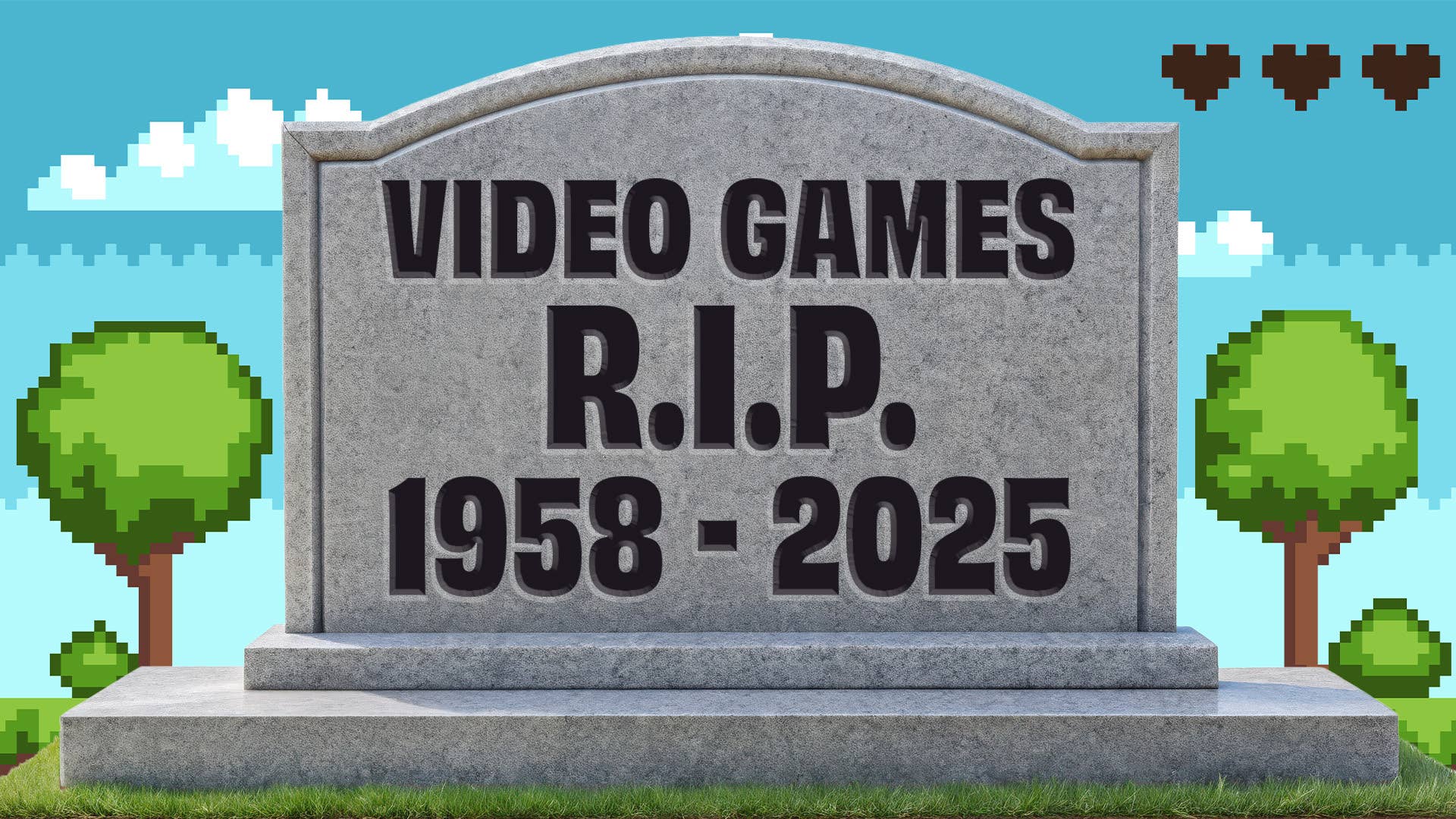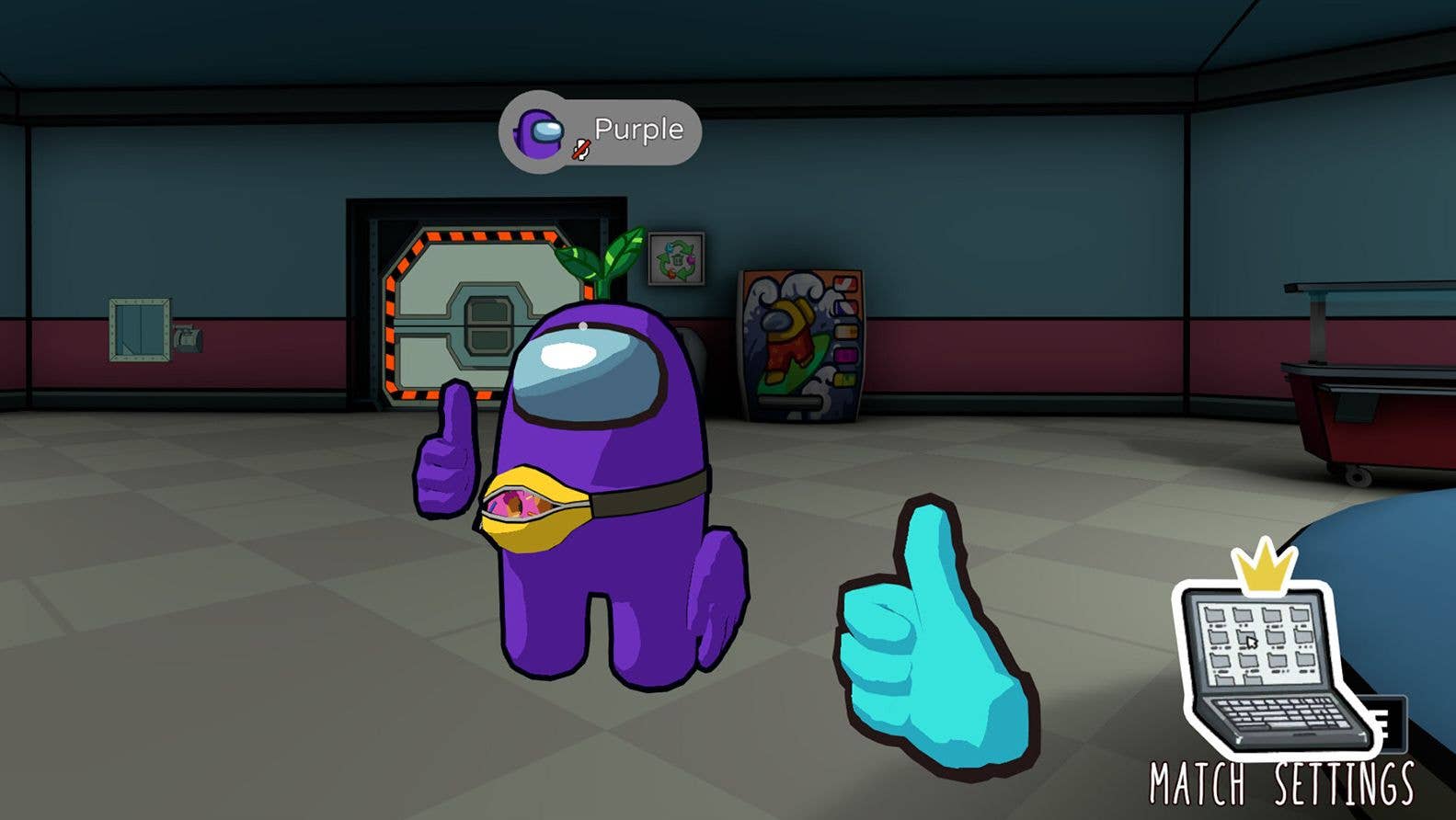Should you ever have one-to-one relationships between entities?
One-to-one relationships occasionally evolve into one-to-many relationships. Once that happens, your team has a tricky job of refactoring the datastore, the backend to allow that change. For example, some time ago, our app used to have one-to-one relationships between doctors and wards. But doctors are not always paid handsomely, some double in other wards. So now we have a one-to-many relationship between doctors and wards. An additional problem is DOCTOR still, to this day, has columns linking it to wards and positions (for example, a surgeon in a surgery ward). The resulting inconsistency has led to some bugs. So should you have one-to-one relationships between entities at all? Maybe, you should always, 100% of the time, model entity relationships as one-to-many, shouldn't you? One-to-one may be seen simply as a special case of one-to-many. The assumption "Oh, there's no way this would ever become one-to-many" has failed so many times, it's dangerous and has no significant benefits (performance my **s). Am I wrong?
One-to-one relationships occasionally evolve into one-to-many relationships. Once that happens, your team has a tricky job of refactoring the datastore, the backend to allow that change.
For example, some time ago, our app used to have one-to-one relationships between doctors and wards. But doctors are not always paid handsomely, some double in other wards. So now we have a one-to-many relationship between doctors and wards. An additional problem is DOCTOR still, to this day, has columns linking it to wards and positions (for example, a surgeon in a surgery ward). The resulting inconsistency has led to some bugs.
So should you have one-to-one relationships between entities at all?
Maybe, you should always, 100% of the time, model entity relationships as one-to-many, shouldn't you? One-to-one may be seen simply as a special case of one-to-many. The assumption "Oh, there's no way this would ever become one-to-many" has failed so many times, it's dangerous and has no significant benefits (performance my **s). Am I wrong?
_Steven_Jones_Alamy.jpg?width=1280&auto=webp&quality=80&disable=upscale#)
















































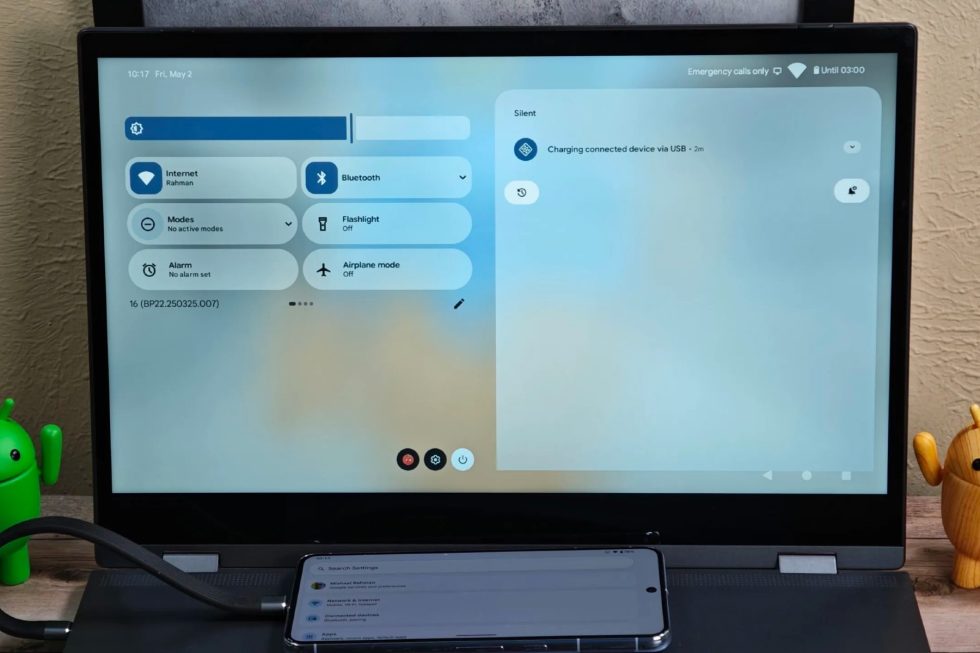

























![Apple Shares Official Teaser for 'Highest 2 Lowest' Starring Denzel Washington [Video]](https://www.iclarified.com/images/news/97221/97221/97221-640.jpg)

![New Powerbeats Pro 2 Wireless Earbuds On Sale for $199.95 [Lowest Price Ever]](https://www.iclarified.com/images/news/97217/97217/97217-640.jpg)




























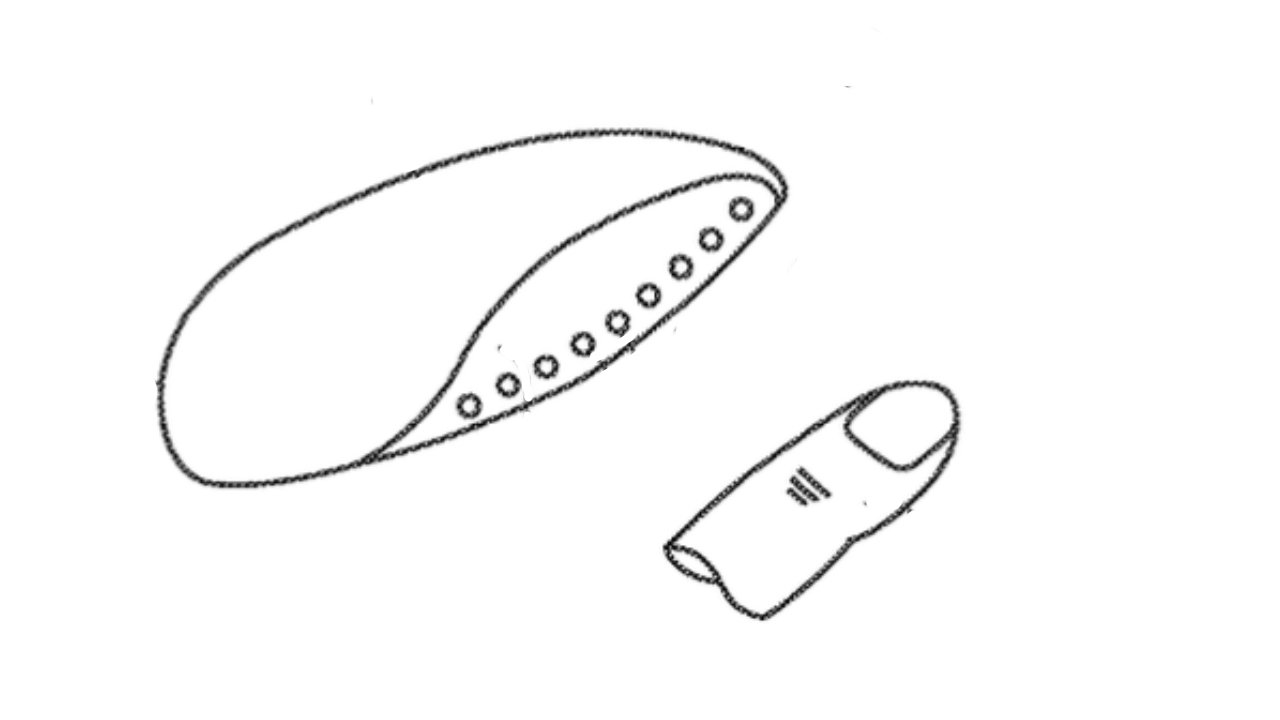






















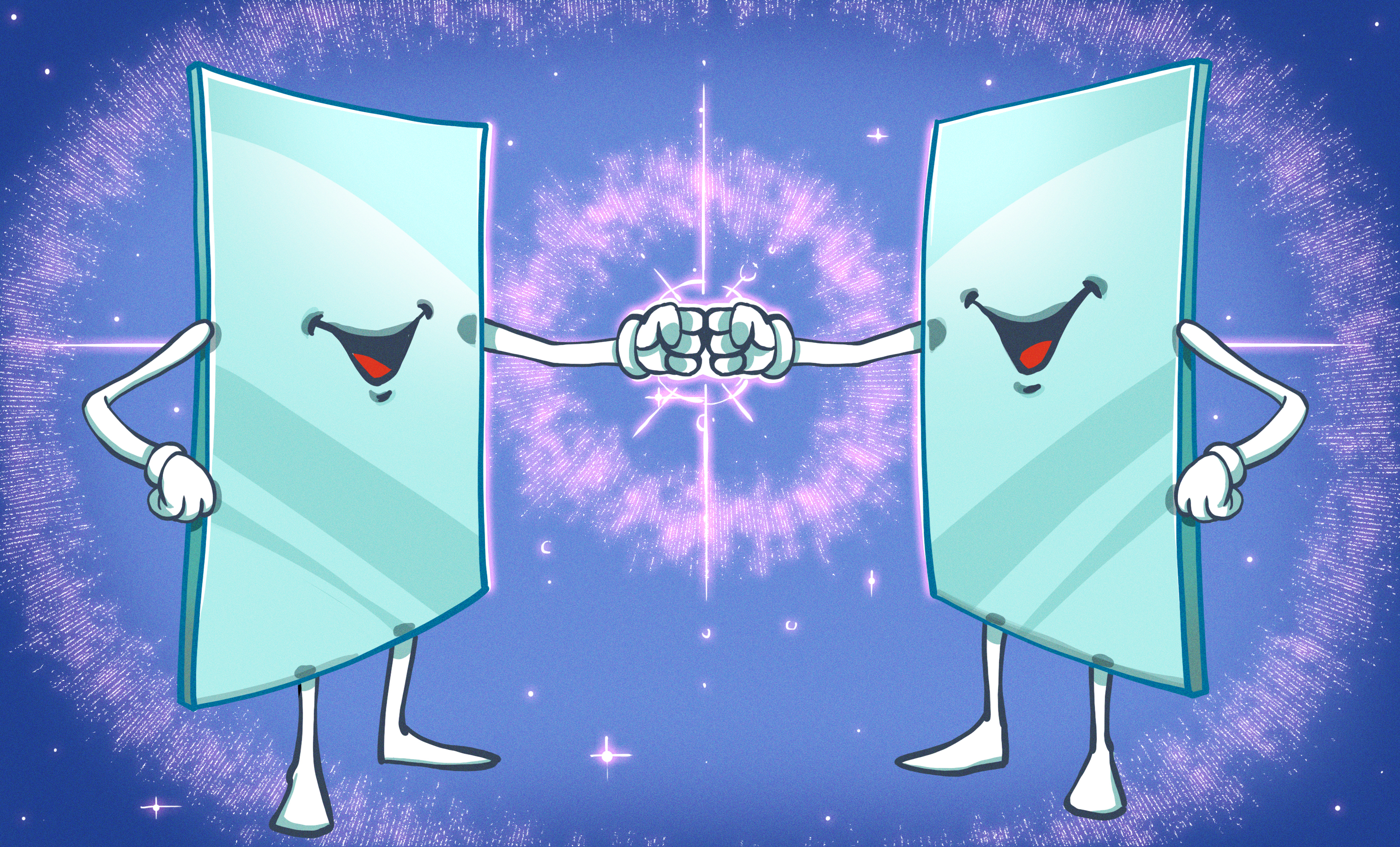




















































 Stolen 884,000 Credit Card Details on 13 Million Clicks from Users Worldwide.webp?#)



_Brian_Jackson_Alamy.jpg?width=1280&auto=webp&quality=80&disable=upscale#)
























































































































![[The AI Show Episode 146]: Rise of “AI-First” Companies, AI Job Disruption, GPT-4o Update Gets Rolled Back, How Big Consulting Firms Use AI, and Meta AI App](https://www.marketingaiinstitute.com/hubfs/ep%20146%20cover.png)





















































































































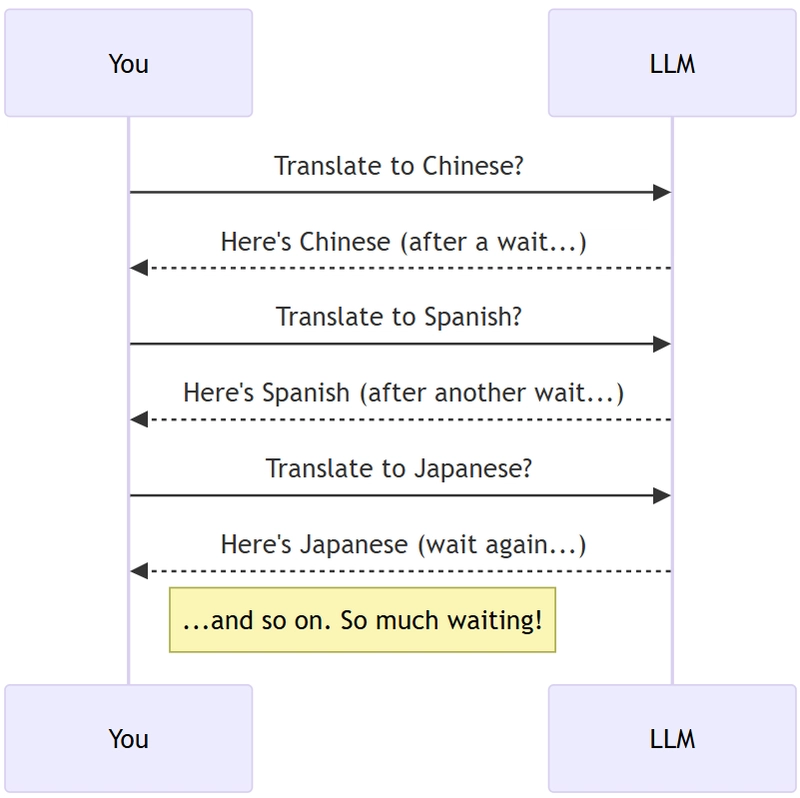
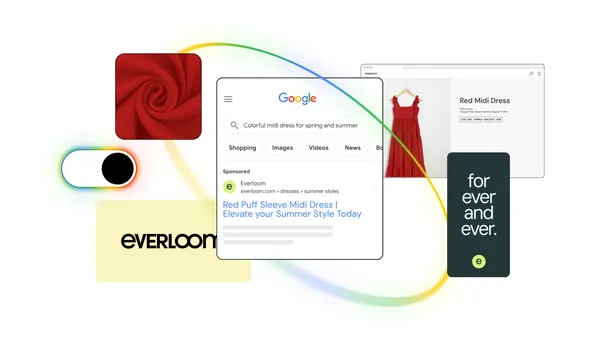





























































.jpg?width=1920&height=1920&fit=bounds&quality=70&format=jpg&auto=webp#)













